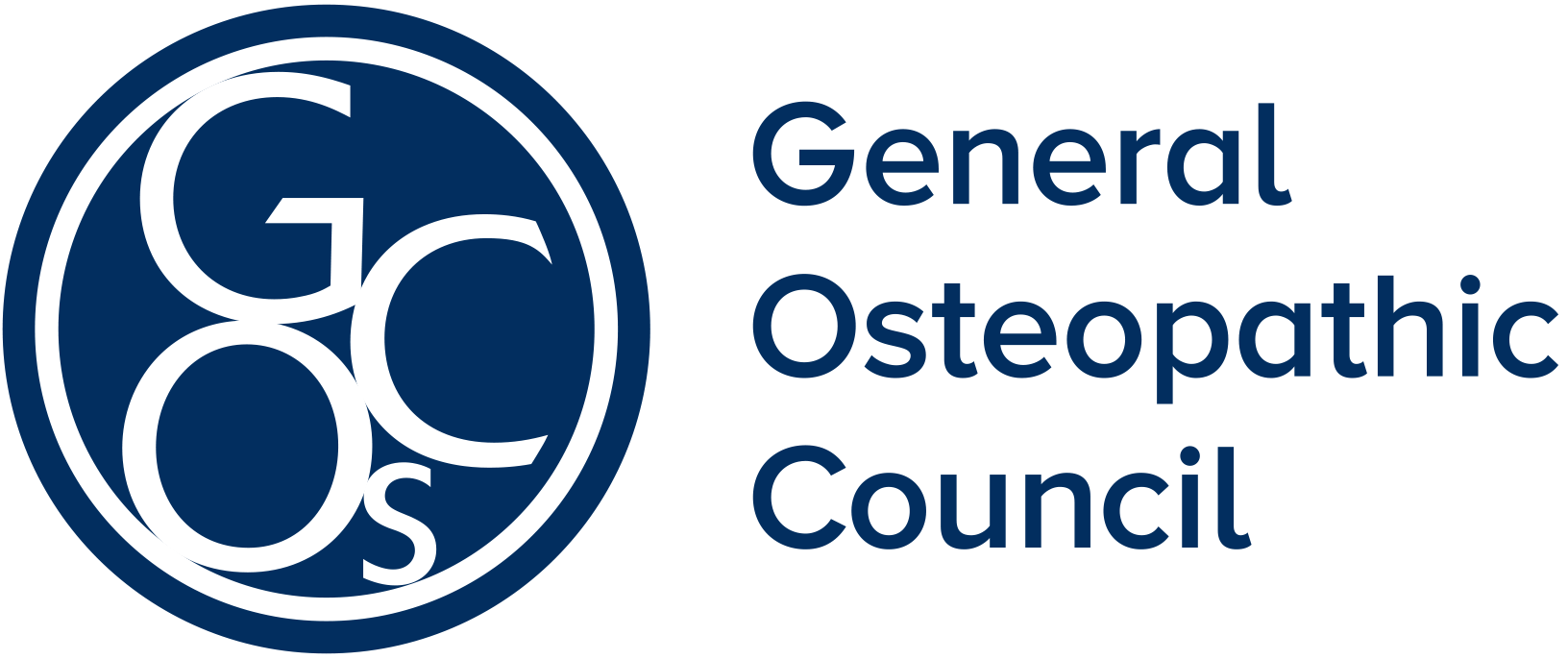Objective Activity
Patient feedback
Giving patient feedback – the patient perspective
Carol Fawkes
Many osteopaths are often concerned to seek feedback about their practice, often assuming that patients do not have the time or the inclination to complete questionnaires. Carol Fawkes, Senior Researcher at the National Council for Osteopathic Research shares research from the patient’s perspective that shows that the opposite is more likely to be the case.
There are many valid reasons for gathering patient feedback in practice. We learn so much by listening to responses concerning our patients’ experience, how well they are responding to treatment, and if there are any particular concerns they have.
There are different ways of achieving this. There is the Patient Reported Outcome Measures (PROMs) app, developed specifically for use by osteopathic patients which gathers data from patients on the outcomes of their treatment and the Patient Reported Experiences of Osteopathic Services (PREOS) facility which can be accessed by patients anonymously by visiting www.ncorpreos.org.uk
When developing the PROM app, we took the time to ask patients their views about collecting outcome data in osteopathic practice. Interviews were conducted with patients from across the country, using robust qualitative research interview and analysis methods to identify themes in responses. These have been summarised into three core headings:
- Patients’ views on the relevance of data collection
“The PROMs made me think about other things I could be doing for myself.”
“Healthcare professions are a bit behind the times in asking patients what they think.”
“The questionnaires made me realise there are people who are way worse than me – even at my worst!”
- Practical issues relating to data collection
“I hope collecting the PROMs information will be at the end of the consultation. The patient should be the priority…otherwise it just becomes box-ticking.”
“Having something sent to me electronically is so easy. I’m busy and having to fill in bits of paper and then find a postbox…well it’s just not going to happen.”
- Views on giving feedback
“It’s better for both sides to see when something isn’t working, and then look to do something different.”
“I’m happy to contribute data if it helps the profession. I wish my doctor would realise there are other ways to help back pain than just pills.”
Assumptions about patients
Although asking patients to complete feedback can be regarded as challenging, it is important that patients should have the opportunity to choose whether they want to contribute data or not. There may be perceptions about willingness or capability to engage with technology in older age groups but this is frequently unfounded and older patients are perfectly adept at using computers, tablets or smartphones. The best thing is to just ask your patient.
How to approach patients for feedback
In my own practice, I have found the best way is to introduce the topic of data collection is when I have finished discussing the treatment plan with my patient. In practices which have reception staff, you may find it easier for them to speak to patients about using the PROM app.
At follow up visits, I ask patients who have expressed an interest in using the app if they have had the chance to use it. This gives an opportunity for them to say how they found using the app, or provide a gentle reminder. Patients can of course say they chose not to do it, which is fine.
Key things which I stress to patients is that the PROM app is very quick to complete, the follow up information is really very important, and it is all anonymous. Patients have very different journeys to osteopathic care, and for many of them it has provided relief and support where other interventions have been less effective for them. They are often very happy to contribute information which helps to provide feedback on their osteopathic care.
Patients have very different journeys to osteopathic care, and for many of them it has provided relief and support where other interventions have been less effective for them. They are often very happy to contribute information which helps to provide feedback on their osteopathic care.
If you are interested in using the PROM app in your own practice, please contact Carol Fawkes at: c.fawkes@qmul.ac.uk
This article has been kindly reproduced from the March/April 2017 issue of Osteopathy Today with the permission of the Institute of Osteopathy.

About the author
Carol Fawkes
Senior Researcher at the National Council for Osteopathic Research

